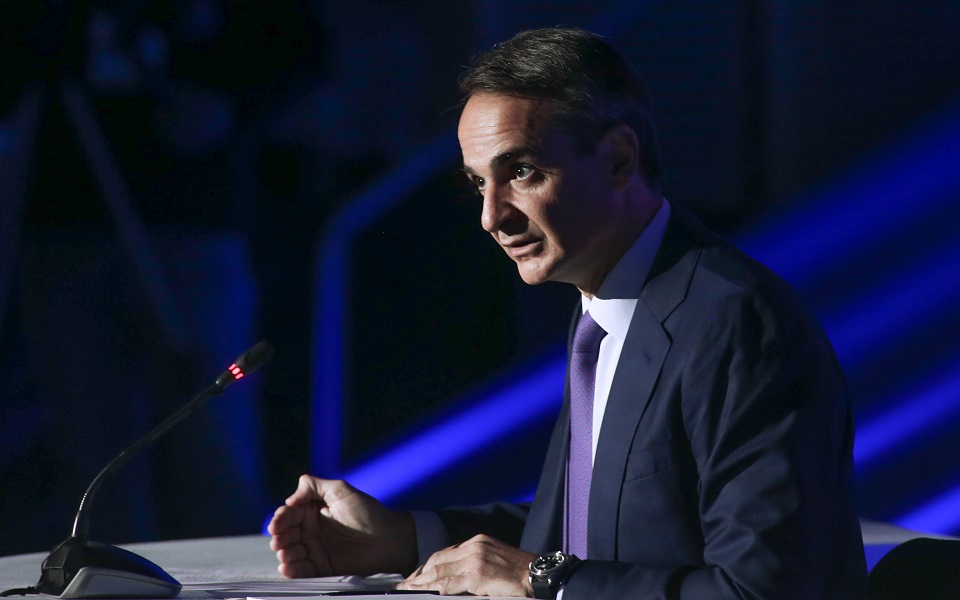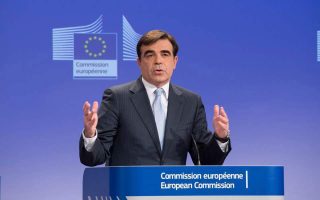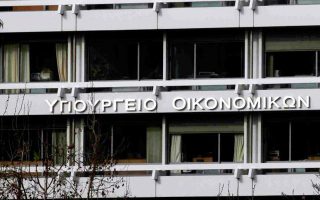Extra spending within budget limits

The package of measures, including tax cuts, subsidies and other aid targeting the young, owners of small businesses and the middle class that Prime Minister Kyriakos Mitsotakis announced Saturday stretches the budget to its limit but does not exceed the fiscal leeway provided by stronger-than-expected economic growth, Finance Ministry officials believe.
The government was determined not to taint its image of sound fiscal stewardship in the eyes of its creditors, given that two very important negotiations are coming up. One has to do with continued support by the European Central Bank, providing cheap and plentiful liquidity even after the emergency measures designed to counter the pandemic expire. Second, Greece wants to make sure the creditors do not impose excessive budget surplus target when fiscal discipline makes its return in 2023.
Talks about reforming the European Union’s fiscal rules have already begun informally and Athens, burdened with the highest debt, as a ratio of its GDP, does not want to join the talks with a reputation of fiscal recklessness that it has tried so hard, and painfully, to shed.
Despite the fact that growth estimates for 2021 jumped from 3.6% to 5.9% – with Mitsotakis saying this is a minimum estimate – most of the measures were designed to be temporary, although some may become permanent.
All in all, the combination of tax cuts and extra spending will cost €1.119 billion this year and €2.35 billion in 2022. This year’s spending, together with the €500 million in relief from the wildfires, leave no extra room for this year. And from next year’s €2.35 billion, only €584 million are in excess of the sums forecast in last July’s medium-term program.
The costliest interventions concern the cutbacks in the reimbursements, by the taxpayers, of delayed tax prepayments (€660 million), the subsidy of rising electricity costs (€150 million), the extension of the lower 13% VAT rates (from 24%) on transport, coffee, non-alcoholic beverages, cinemas and tourist products (€275 million over two years), subsidies for 50,000 new jobs, on top of the 100,000 previously announced (€169 million in 2022), and the reduction of mobile telephony fees for all and their elimination for users aged under 29 (€8 million).
As for 2022 growth, the Finance Ministry estimates it will be higher than the 6.2% initial estimate.





